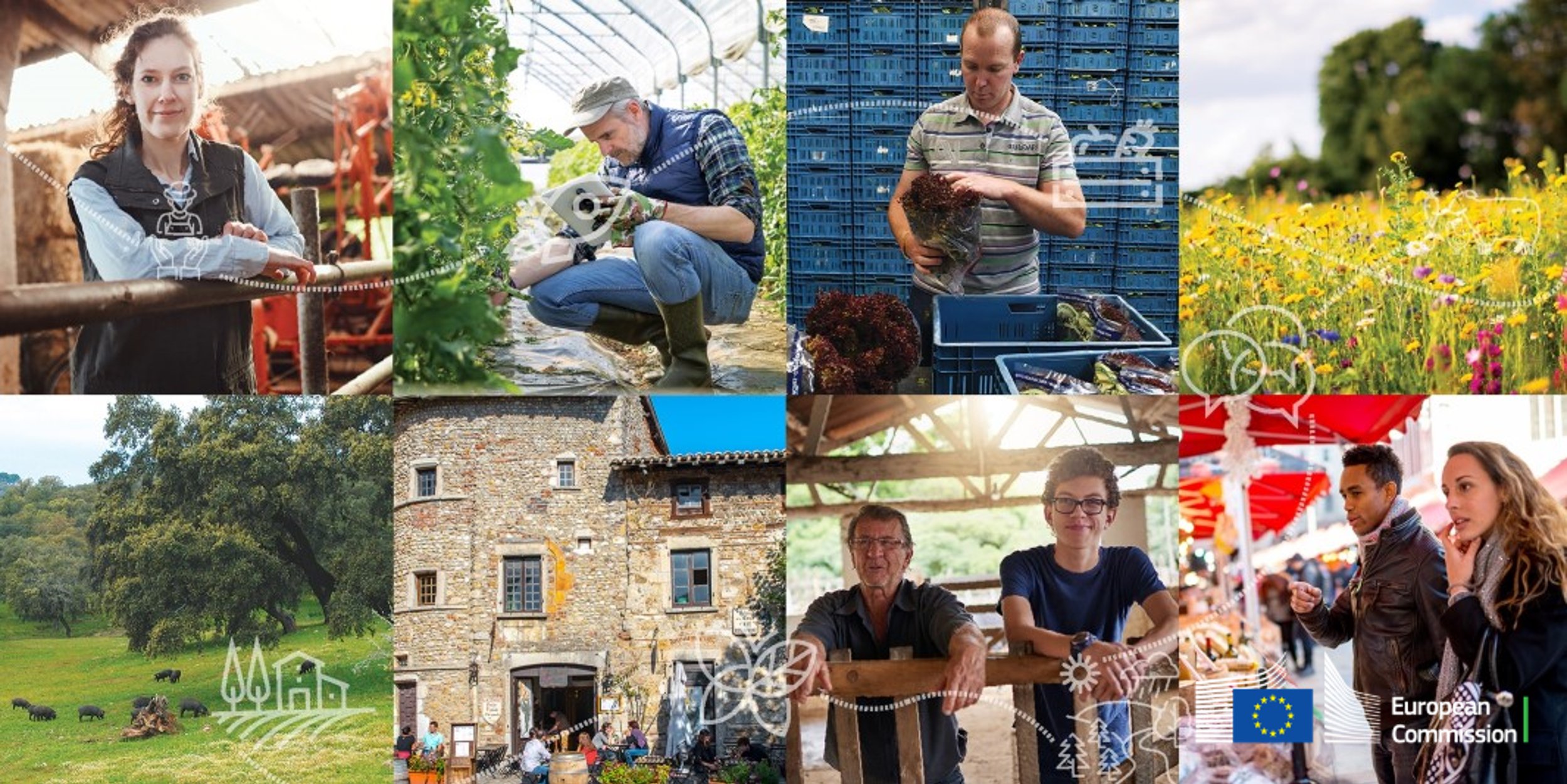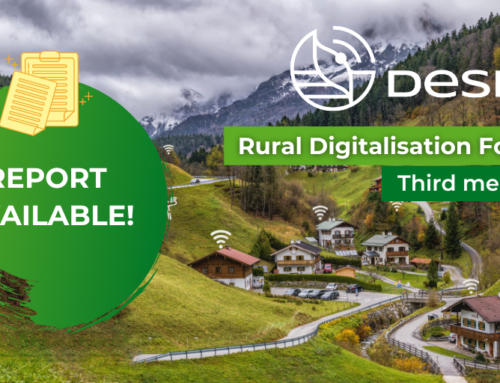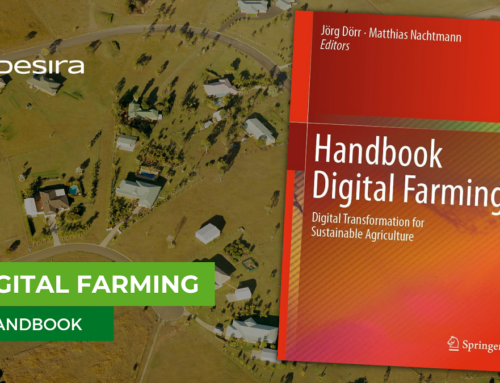Author: Miranda García (AEIDL)
After months of back and forth, the European Commission has finally approved not one, but two batches of the Common Agricultural Policy (CAP) strategic plans, one on 31 August and the other one on 13 September. Overall, 9 countries out of the EU 27 (Austria, Denmark, Finland, France, Ireland, Luxembourg, Poland, Portugal, and Spain) have their agricultural policy ready to be implemented at the beginning of the next year.
The new CAP is designed to shape the transition to a sustainable, resilient and modern European agricultural sector, becoming the cornerstone for food security and farming communities in the European Union. We must remember that due to the Russian aggression against Ukraine and the ongoing commodity surge, Member States were invited to overhaul their CAP strategic plans. The aim was to exploit all the opportunities in this policy to strengthen the resilience of the agricultural sector at national level and thus promote food security.
Built towards ten key objectives, which touch upon shared environmental, social and economic challenges, the Plans are in line with EU legislation. This means that the CAPs contribute to the ambitious goals of the European Green Deal, including on animal welfare, as set out in the Commission’s Farm to Fork and Biodiversity strategies.
These are some of the key actions addressed in the national CAP plans related to digitalisation:
- Strengthening broadband connectivity is needed throughout the European rural areas, but so are other enablers that could facilitate the digital transition.
- Expanding, improving or strengthening the Agricultural Knowledge and Innovation System (AKIS) to foster innovation and digitalisation in agriculture and rural areas.
- Providing training and advisory services is essential to close the digital skills gap and improve the performance of farmers and other rural business entrepreneurs in economic, social and environmental sustainability.
- Developing a technological and institutional infrastructure to produce and facilitate knowledge exchange.
- Facilitating investments in digital technologies aimed at the green transition of agriculture. This will help to improve competitiveness, as well as the environment and climate performance of the sector.
In addition to connectivity, prosperity and resilience are the other goals set in the reformed policy, in line with the Rural Vision. It is essential for the agricultural sector to stay competitive and to increase the attractiveness of rural areas. This means creating thousands of jobs, supporting local businesses, and engaging and retaining young people.






